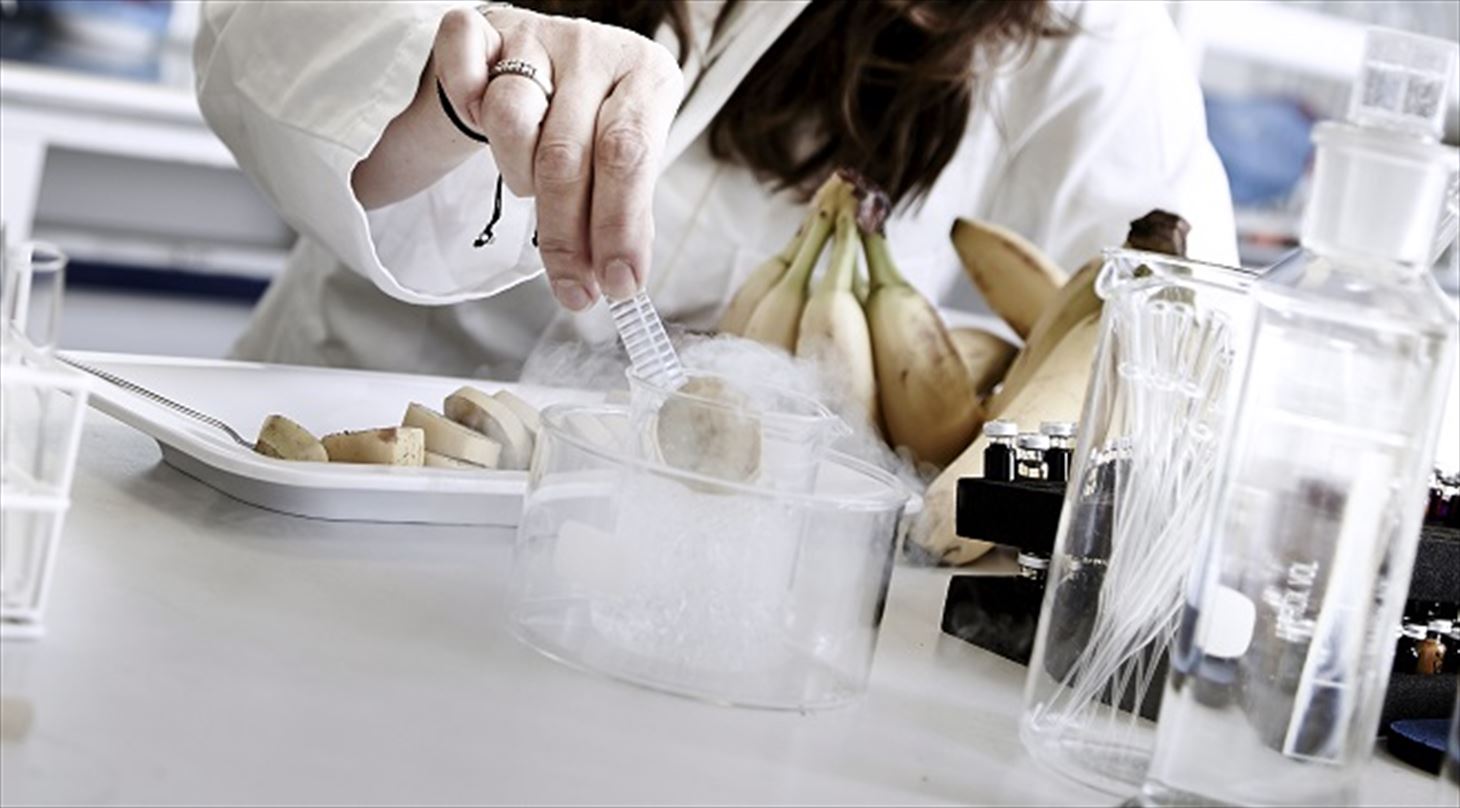
Biorefinery
Biomass for energy and biorefinery especially embrace waste products from farming and forestry such as straw, wood, gras, slurry and biowaste from food production and household. These biomasses are often almost CO2- neutral. Danish Technological Institute offers advice on how biomass is best exploited and refined.
Our competencies encompass characterization, pre-treatment, security regarding storage and transport.
Characterization of biomass
The first step in a biorefinery process is to characterize the biomass and find its chemical components.
For instance we look at the content of sugary substances that can be biologically transformed to ethanol, chemicals, amino acid, protein or biogas. In other words we focus on extracting high value products.
Possible waste products can be used for biogas or direct combustion which also applies to wood and straw. We have our own laboratory for characterization of biomass, read more here
Pre-treatment of biomass
It can be advantageous to pretreat biomass in order to improve its ability to be transported and stored. We offer test in laboratory and pilot scale regarding torrefaction, pelletizing and ensiling. In our laboratory we also offer physical or chemical pretreatment and enzymatic hydrolysis.
Development of processes for biorefinery
Next step in a biorefinery process is to develop processes for fermentation and purification of products. We are among other things involved in an EU-project Biowaste4SP which deals with the extraction of energy from bio waste in Africa. We offer consultancy within project development, project coordination within the EU.
Logistics and security
Apart from biorefinery we offer logistic tools which contribute to choosing the optimum transport of biomass e.g. wood pellets regarding price, energy consumption and CO2 emission. Regarding security in larger stocks of bio pellets we have developed measurement methods to measure gas- and heat development in the laboratory and existing stocks.
Relevant projects
Participation in ISO standardization work
Danish representative in IEA Bioenergy, Task 40 - international trade of biomass